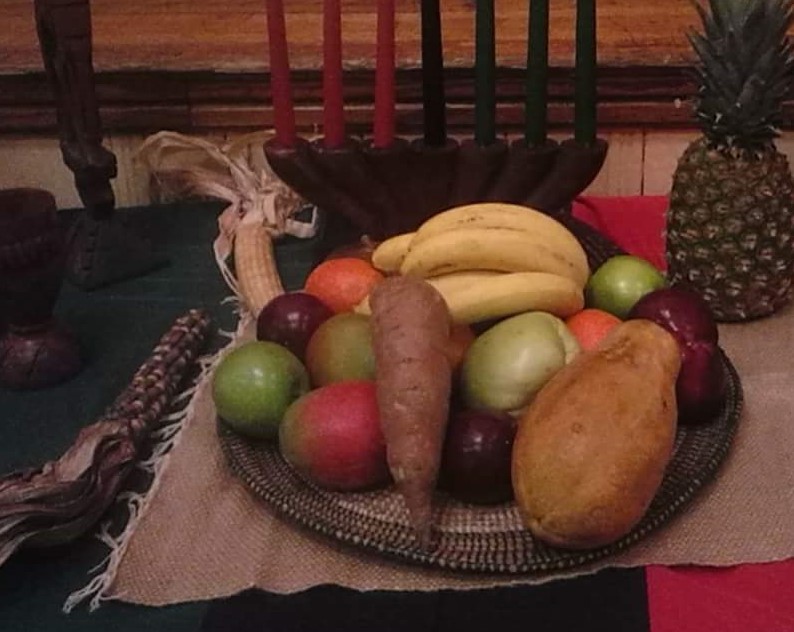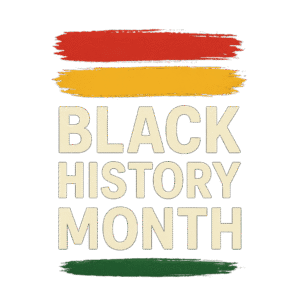Kwanzaa: Ujima – Collective Work and Responsibility

Kwanzaa display photo by Adjoajo/Wikimedia Commons. License: https://creativecommons.org/licenses/by-sa/3.0/deed.en.
BY DANIEL WINNER | AC JosepH Media Correspondent
ATLANTIC CITY — Habari gani?
Ujima!
The third principle of Kwanzaa is “Ujima” or “Collective work and responsibility.” This is a time “to build and maintain our community together and make our brothers’ and sisters’ problems our problems and to solve them together.”
Dr. Maulana Karenga describes Ujima as “active and informed togetherness in matters of common interest.” He continues to explain that Ujima is, “a recognition and respect for the fact that, without collective work and struggle, progress is impossible and liberation is unthinkable. It supports the assumption that ‘African’ is not merely an identity, but a destiny, a duty, a responsibility. Our collective identity in the long is a collective future. As a result, there is a need for us as self-conscious and committed people to shape our future with our own minds and hands and share the struggle together.”
Success and failure depends largely on our involvement as a community. What one does to help others returns as helping oneself. In some philosophical traditions, it is a key natural law that something can only arise in dependence upon something before it. This notion of cause-and-effect has influenced traditional African civilization as well.
A Yoruba proverb states, “One who injures others in the end injures him/herself.” The Lobedu people of South Africa and the Dinka people of South Sudan share similar attitudes on the atrocity of disharmony, as it would lead to the inevitable collapse of their own societies.
The symbol used to represent Ujima is a Ghanaian Adinkra symbol used by the Akan people, known as the “Akoma Ntoaso.” In English, this means “united hearts” and is exemplary of agreement and understanding within the community. The commonality of our goals and struggles is what facilitates and sustains our ability to cooperate and take care of each other.
As Karenga stated, “We need to accept the fact that we are collectively responsible for our failures and setbacks as well as our victories and achievements. To do this task successfully requires self-criticism and self-correction. The principle and practice of collective work and responsibility is facilitated and maintained through ‘genuine and non-coerced agreement among people.'”
Ujima reminds us that we must empower those within the community, and that we are collectively responsible for our failures and accomplishments. Cooperation is necessary for us as a people to transcend the limitations that history has imposed upon us. Through mutual encouragement, we can find resolve to build and maintain our future.
Today, we light the first green candle, with the commonality of hope and prosperity.
EDITOR’S NOTE: Daniel Winner has a double major in Religious Studies and Japanese from Penn State University and has traveled internationally to the Far East on several occasions. His insights on Buddhism and Asian culture give a unique view of historical and modern trends. He will be serving as a contributor for Front Runner New Jersey.
Follow Us Today On:
Note from AC JosepH Media: If you like this story and others posted on Front Runner New Jersey.com, lend us a hand so we can keep producing articles like these for New Jersey and the world to see. Click on SUPPORT FRNJ and make a contribution that will go directly in making more stories like this available. Thank you for reading!




